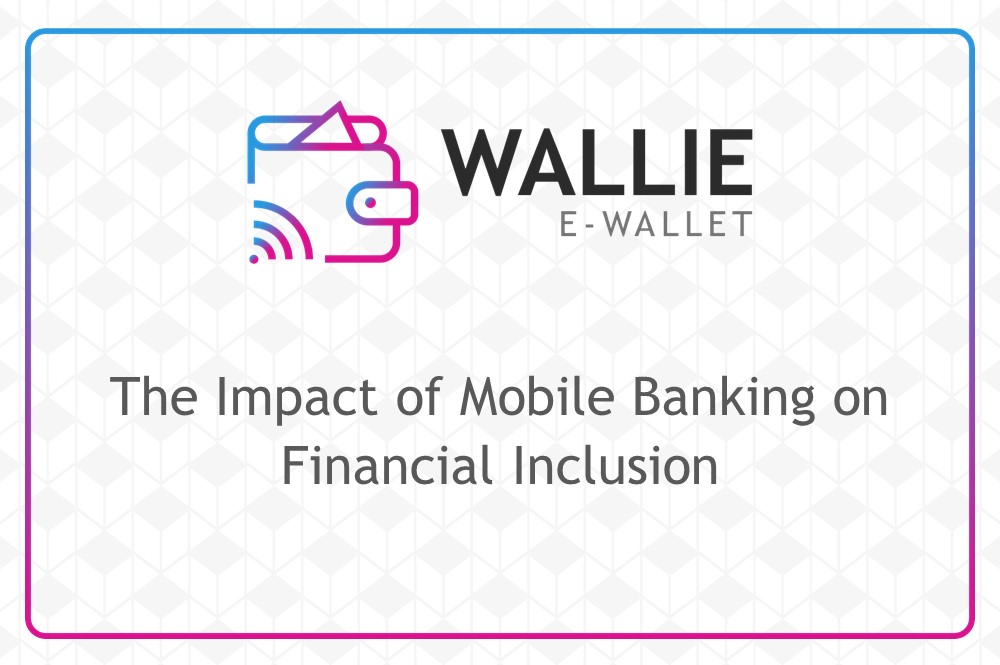The Role of Artificial Intelligence in Enhancing Mobile Banking Experiences
Jun 13, 2024 - 2 MINS READ

In the ever-evolving landscape of mobile banking, artificial intelligence (AI) has emerged as a powerful tool for transforming the way users interact with financial services. With its ability to analyze vast amounts of data, detect patterns, and deliver personalized insights, AI is revolutionizing mobile banking experiences, driving efficiency, convenience, and innovation. Let's delve into the multifaceted role of artificial intelligence in enhancing mobile banking experiences and shaping the future of digital finance.
Personalized Financial Insights:
- AI-driven Analytics: Artificial intelligence algorithms analyze users' financial data, transaction histories, and spending patterns to generate personalized insights and recommendations tailored to their financial goals and preferences.
- Predictive Forecasting: By leveraging historical data and predictive analytics, AI-powered mobile banking apps can forecast users' future expenses, cash flow trends, and investment opportunities, empowering them to make informed financial decisions.
Virtual Financial Assistants:
- Chatbots and Virtual Agents: AI-powered chatbots and virtual assistants provide users with real-time assistance and support, answering queries, providing account information, and guiding users through banking processes via natural language interactions.
- Conversational Banking: Natural language processing (NLP) technologies enable users to perform banking tasks, such as transferring funds, paying bills, and checking balances, using voice commands or text messages, enhancing the accessibility and usability of mobile banking services.
Fraud Detection and Prevention:
- Anomaly Detection: AI algorithms analyze users' transactional behavior and detect anomalous patterns indicative of fraudulent activity, enabling proactive intervention and mitigation of security threats.
- Behavioral Biometrics: Advanced AI-based fraud detection systems utilize behavioral biometrics, such as typing patterns, touchscreen interactions, and device movements, to authenticate users and identify suspicious activities in real-time.
Automated Customer Service:
- 24/7 Support: AI-powered customer service bots provide round-the-clock assistance and support to users, resolving queries, troubleshooting issues, and guiding users through account-related processes at any time of day or night.
- Efficiency and Scalability: By automating routine customer service tasks, AI-driven chatbots and virtual assistants enhance operational efficiency, reduce response times, and scale customer support capabilities to accommodate growing user demands.
Risk Management and Compliance:
- Regulatory Compliance: AI-powered solutions assist financial institutions in ensuring compliance with regulatory requirements, such as anti-money laundering (AML) and know-your-customer (KYC) regulations, by automating data analysis, monitoring transactions, and flagging suspicious activities.
- Risk Assessment: AI algorithms assess credit risk, portfolio performance, and market trends, enabling banks to optimize lending decisions, manage investment portfolios, and mitigate financial risks effectively.
Future Prospects and Innovations:
- AI-driven Predictive Banking: The integration of AI with predictive analytics, machine learning, and big data analytics will enable the development of advanced predictive banking solutions that anticipate users' financial needs and behaviors, offering proactive recommendations and personalized services.
- Hyper-personalization: AI-powered mobile banking apps will leverage user data and behavioral insights to deliver hyper-personalized experiences, customizing product offerings, marketing messages, and service interactions to each individual user.
- Ethical Considerations: As AI becomes more pervasive in mobile banking, ethical considerations, such as data privacy, algorithmic bias, and transparency, will become increasingly important, necessitating responsible AI governance and ethical frameworks to ensure fairness and accountability.
In conclusion, artificial intelligence is revolutionizing mobile banking experiences by delivering personalized insights, virtual assistance, fraud detection, and compliance automation. As AI continues to evolve and innovate, it will play an increasingly integral role in shaping the future of digital finance, driving efficiency, convenience, and empowerment for users worldwide. However, it is crucial for financial institutions to balance innovation with ethical considerations and regulatory compliance to ensure trust, transparency, and accountability in AI-driven mobile banking solutions.






